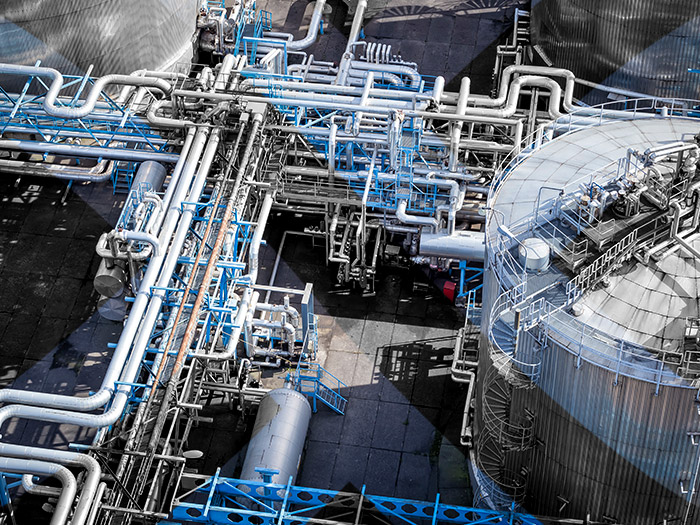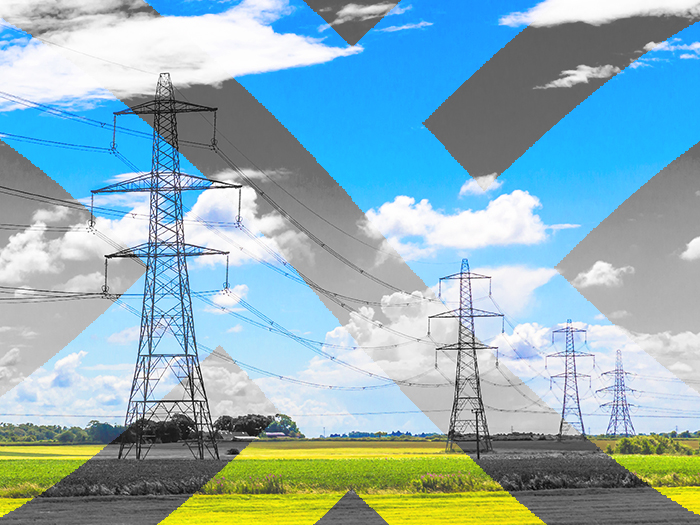News
better business decisions
Posted 8 months ago | 4 minute read

Budget 2024: Key climate and energy announcements
On 30 October, UK Chancellor Rachel Reeves unveiled the 2024 Budget, the first budget in 14 years to be delivered by a Labour government. In the Commons speech Reeves said that the country voted for “change” on 4 July at the general election and that Labour has a mandate for a decade of “national renewal”. To rebuild the economy, now is the time to “invest, invest, invest”, Reeves said.
Key measures announced included:
- Launching the National Wealth Fund, the UK’s new impact investor, which will mobilise over £70B of private investment in the UK’s clean energy and growth industries.
- Confirming £125M for Great British Energy, which will be headquartered in Aberdeen.
- Government support for two electrolytic hydrogen projects in Scotland, in Cromarthy and Whitellee, and two in Wales, in Milford Haven and Bridgend, to support low carbon hydrogen production.
- Providing £3.9B of funding in 2025-26 for Carbon Capture, Usage and Storage Track-1 projects to decarbonise the industry, support flexible power generation, and capitalise on the UK’s geographic and technical strengths.
- Delivering hundreds of local energy schemes to help decarbonise the public estate through the Public Sector Decarbonisation Scheme, with over £1B of funding over three years.
- £163M to continue the Industrial Energy Transformation Fund from 2025-26 to 2027-28.
- Maintaining tax incentives to purchase electric cars through Vehicle Excise Duty First Year Rates and the Company Car Tax regimes, as well as by extending 100% First Year Allowances for electric cars and charge points for a further year.
- Over £200M in 2025-26 to accelerate EV charge point rollout, including funding to support local authorities to install on-street charge points across England.
- £120M in 2025-26 to support the purchase of new electric vans via the plug-in vehicle grant and to support the manufacture of wheelchair accessible EVs.
- £134M to support the delivery of port infrastructure to facilitate floating offshore wind.
- Continued support for Energy Intensive Industries through around £350M of funding across 2024-25 and 2025-26 to support energy efficiency, decarbonisation, and technological innovation.
- £163M to continue the Industrial Energy Transformation Fund from 2025-26 to 2027-28.
- The main rates of the Climate Change Levy (CCL) for gas, electricity, and solid fuels will be uprated in line with Retail Price Index (RPI) in 2026-27. The main rate for liquefied petroleum gas will continue to be frozen. The reduced rates of CCL will remain at an unchanged fixed percentage of the main rates.
- The government will maintain Carbon Price Support rates in Great Britain at a level equivalent to £18 per tonne of CO2 in 2026-27.
- A UK carbon border adjustment mechanism (CBAM) will be introduced on 1 January 2027, placing a carbon price on goods that are at risk of carbon leakage imported to the UK from the aluminium, cement, fertiliser, hydrogen and iron and steel sectors.
- From 1 November 2024, the Energy Profits Levy (EPL) rate will rise by 3 percentage points to 38%, the investment allowance will be abolished, and the rate of the decarbonisation allowance will be set at 66%. To provide certainty and to support a stable energy transition, the government will make no additional changes to tax relief available within EPL, which will end on 31 March 2030. The government will publish a consultation in early 2025 on how the taxation of oil and gas profits will respond to price shocks after the EPL ends.
- Support in 2025-26 for UK fusion energy research and £2.7B of funding to continue Sizewell C’s development through 2025-26. The equity and debt raise process for this project will conclude in the spring and a Final Investment Decision will be taken at Phase 2 of the Spending Review. Great British Nuclear’s Small Modular Reactor competition is ongoing and final decisions will be taken in the spring.
The government also confirmed it will publish a Clean Power 2030 Action Plan, respond to the Climate Change Committee’s Progress Report, publish an updated Carbon Budget Delivery Plan, and capitalise on UK clean energy strengths through the new Industrial Strategy.








